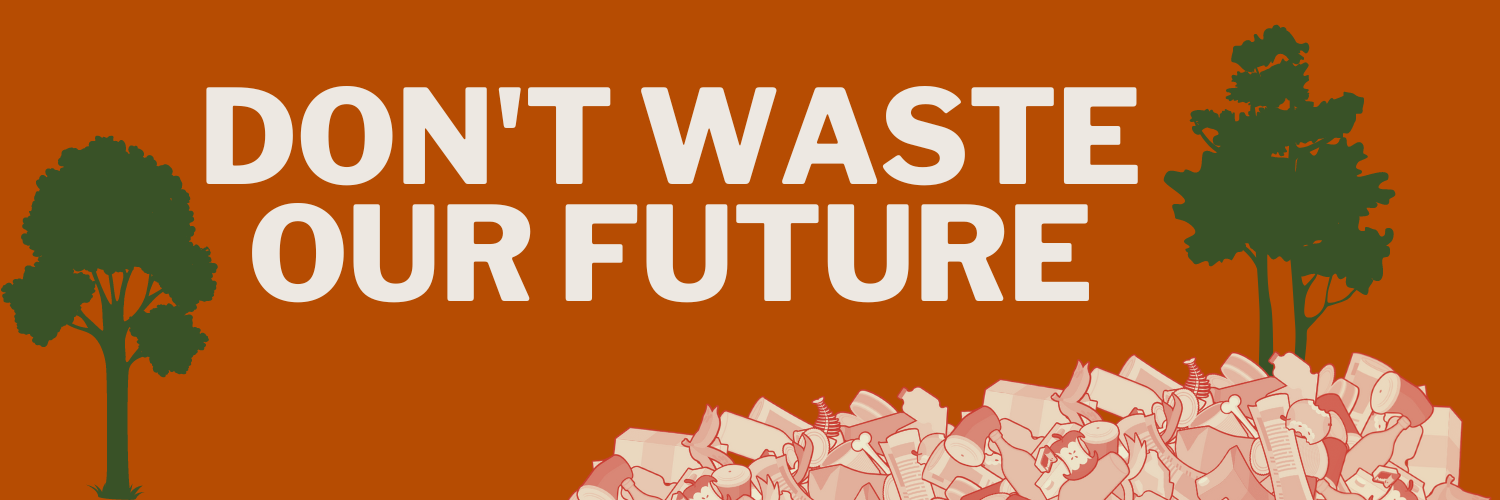50+ Advocacy Groups to EPA: U.S. Draft Food Waste and Recycling Plan Incomplete Without Stronger Landfill Regulations
Earlier installation of gas collection systems could reduce 400,000 tons of methane emissions per year from landfills
Washington, D.C. – In a letter submitted to Environmental Protection Agency (EPA) Administrator Michael Regan, 51 organizations — including Sierra Club, Natural Resources Defense Council, Clean Air Task Force, Environmental Defense Fund, and C40 Cities — urge the EPA to update Clean Air Act regulations on landfill methane emissions as part of a national strategy to cut down on organic waste.
The letter was sent in response to the Draft National Strategy for Reducing Food Loss and Waste and Recycling Organics, which was drafted by the EPA, the Department of Agriculture (USDA) and Food and Drug Administration (FDA). The draft strategy comes after an October 2023 EPA report, which estimates that the U.S. wastes 73 to 152 million metric tons of food each year. The vast majority of this waste ends up decaying in municipal solid waste landfills. When food waste decays in an oxygen-free environment, it emits methane, a highly potent greenhouse gas. Each year, the country’s landfills emit 295 million metric tons of CO2-equivalent, on a twenty-year warming potential time frame — the equivalent of 79 coal-fired power plants running for a year.
“When it comes to taking the necessary steps to prevent food waste from reaching a landfill, there’s no time like the present,” said Tom Frankiewicz, Principal, Climate-Aligned Industries, RMI. “But we can’t ignore the hundreds of millions of tons of food already rotting away in more than 2,500 active and closed landfills across the country. We have proven, available solutions to identify and capture this massive source of methane emissions and deliver cleaner air and water to neighboring communities. The clearest path forward is a two-pronged, EPA-led approach— pursuing both stronger landfill methane rules and organic waste diversion.”
According to the EPA’s own research, it takes 3.6 years for 50% of the carbon in food waste to degrade. Yet current EPA federal rules allow 5 years to pass before landfill operators are required to expand the gas collection systems. As a result, 61% of methane generated by landfilled food waste is released to the atmosphere, causing years of unnecessary health harms to neighboring communities. By installing gas collection systems at landfills, the Biden administration could reduce methane emissions by an estimated 400,000 tons per year according to the letter.
Other proposed rule updates include more effective methane monitoring to quickly find and fix leaks and requiring more robust landfill cover practices that better mitigate surface emissions — proven solutions that are already widely available. For example, the Maryland Department of the Environment estimated that their updated landfill emissions standards would result in 25-50% reduction in methane emissions, demonstrating the dramatic emissions reduction potential
“Oregon adopted rules demonstrating that simple fixes to control methane emissions are more than feasible at the federal level,” says Lisa Arkin, Executive Director of Oregon-based environmental justice nonprofit Beyond Toxics. “Now, we need federal regulators to help scale the impact nationally, reducing climate impacts that disproportionately impact vulnerable communities. The EPA sets the bar for the entire country, and it is imperative that they raise it.”
Calls for stronger landfill regulations have been mounting from federal elected officials, culminating in a hearing of the Senate Committee on Environment and Public Work last week. Last month, 25 members of the U.S. House also submitted a letter to EPA Administrator Michael Regan, urging the agency to strengthen its standards for landfills.
“It’s exciting and encouraging to see members of Congress recognize the urgent need to reduce methane emissions from landfills, as well as viable solutions,” says Katherine Blauvelt, circular economy director at Industrious Labs. “There’s no better time for the EPA to get on board. I urge EPA Administrator Regan to take advantage of this galvanizing moment by updating landfill methane regulations.”
###
